CATEGORIES:

Adopting an "anti-template" policy is just as important in the development of bid strategy, as it is in the production of the end submission.
There are three primary reasons to avoid what I call “templated thinking” when formulating strategy:
1) Genericism vs Uniqueness: A Process that Doesn’t Match the Required Mindset
Once the nature of a procurement or project is understood, a bid team should endeavour to identify and place focus on the characteristics of that procurement or project that are unique to that specific project.
The use of pre-formulated, generic outlines is more often than not, highly counterproductive.
2) Strategy Development Should be Led By A Strategic Thinker
Running a group through a pre-determined list of questions does not allow conversations to evolve naturally.
Instead, thinking and discussion should be channelled along in a lateral – albeit controlled – fashion, developing all threads of input. This is something a template can’t achieve.
3) A Template-Directed Discussion Will Hit An Early Wall
A template stops the discussion at a generically pre-determined point – possibly (well) short of the best possible strategic decision.
THINK AND WIN BIDS
Winning High-Stakes, High-Value Bids through Superior Questioning, Listening & Thinking Skills
(Book)
The three fundamental skills of a genuinely sharp, sustainably successful bid professional are the ability to think, listen and ask quality questions.
Furthermore, formulating successful business development and bid strategies is the process of well-directed research and thinking; not the product of tools and templates.
Also available as a six-pack (6 books for the price of 5).
BID COMMANDOS
On-Target Strategy for Mission-Critical Bids

(Training Program)
My "blockbuster" training program, BID COMMANDOS is a comprehensive 11-module course to ensure your team excels at every stage of a formal bidding process - from the initial bid/no bid analysis, right through to the client de-briefing session/s.



